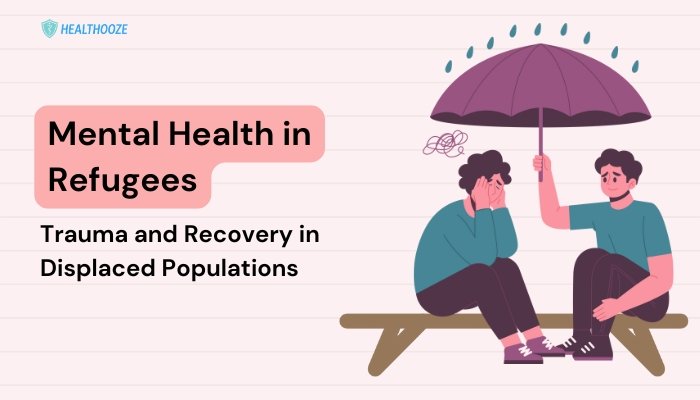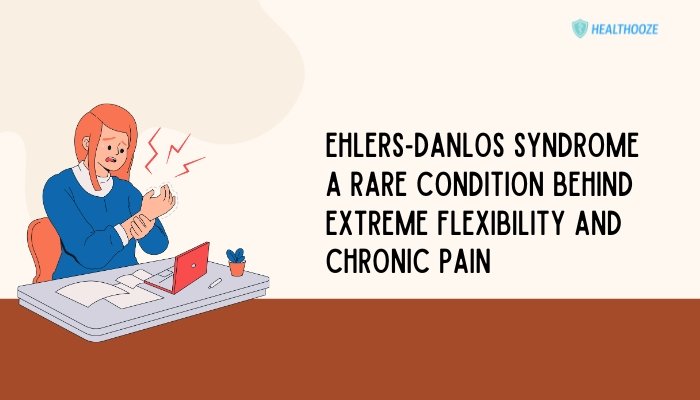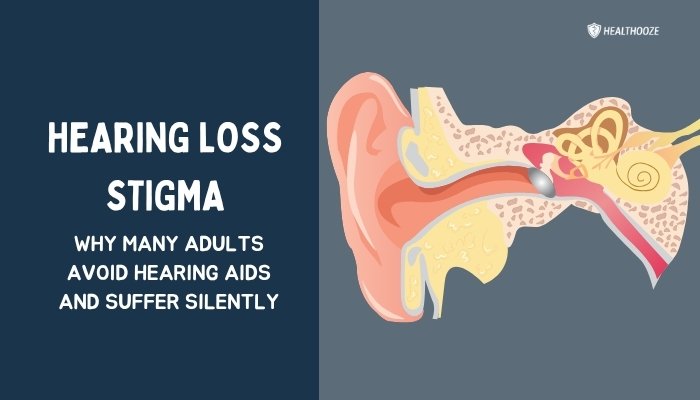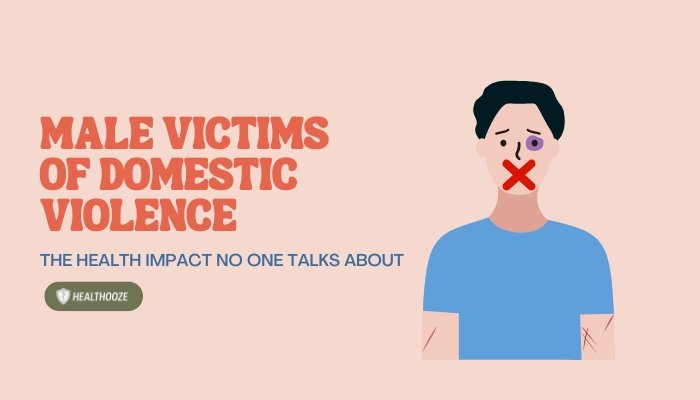Introduction
Refugees flee violence, persecution, or disaster, often enduring abrupt uprooting from their homeland. This sudden displacement, along with the perils of escape, can profoundly affect mental health.
Beyond the immediate challenges—like securing shelter or food—refugees confront trauma from witnessing violence, losing loved ones, or enduring perilous journeys. Once resettled, they may find new stressors in unfamiliar cultures, languages, and bureaucracies.
This article delves into the mental health struggles refugees face, factors contributing to psychological distress, and approaches that foster emotional healing and resilience.

The Mental Toll of Forced Displacement
Layers of Trauma
Refugees often experience multiple traumatic events:
- Pre-Migration: Surviving war, persecution, or political unrest.
- Migration Journey: Smugglers, unsafe transportation, risk of detention, or other perils en route.
- Post-Arrival Challenges: Adjusting to a new country, potential hostility, or protracted asylum processes.
These cumulative experiences can lead to post-traumatic stress disorder (PTSD), depression, anxiety, or complicated grief.
Barriers to Support
- Language and Cultural Gaps: Limited knowledge of local language can hinder therapy or mental health services.
- Legal Uncertainty: Extended waiting for asylum decisions fosters insecurity and prolonged stress.
- Stigma: In some cultures, openly discussing psychological issues or seeking help is frowned upon.
Identifying Mental Health Indicators
Signs of Trauma
- Flashbacks/Nightmares: Re-living frightening events or having frequent distressing dreams.
- Hypervigilance: Constant alertness or being easily startled.
- Numbing/Avoidance: Emotional withdrawal from social contacts, avoiding reminders of past trauma.
Depression and Anxiety
Feelings of hopelessness, persistent sadness, or worrying can permeate everyday life—intensifying if a refugee remains unemployed or uncertain about their future. Symptoms might include changes in appetite or sleep, and difficulty concentrating.
Pathways to Recovery
Culturally Sensitive Interventions
- Trauma-Informed Therapy: Approaches (e.g., narrative exposure therapy) guiding refugees to process traumatic memories gently.
- Community-Based Models: Group workshops or support circles in local languages can address cultural nuances and build trust.
- Interpreters and Cultural Brokers: Ensuring mental health professionals partner with interpreters to overcome language barriers and cultural misunderstandings.
Social and Economic Reintegration
- Employment and Education: Gaining stable income or continuing studies fosters self-esteem and normalcy, aiding mental well-being.
- Housing Stability: Safe, consistent shelter alleviates a significant portion of stress.
- Legal Advocacy: Minimizing uncertainty about residency status reduces anxiety around deportation or forced return.
The Role of Host Communities and Systems
Supportive Policies
Governments and humanitarian organizations can facilitate mental health by funding specialized care, ensuring interpretive services, and streamlining asylum or refugee status processes. Extended limbo can worsen trauma.
Local Engagement
Neighbors, schools, or religious institutions that welcome refugees diminish isolation. Encouraging volunteer translators, offering child-friendly spaces, and including refugees in community events help them build social connections.
Education of Providers
Healthcare and social service professionals benefit from training on cross-cultural communication, trauma-informed care, and potential mistrust or stigma refugees might hold. Such awareness fosters compassionate and effective healing environments.
Conclusion
For many refugees, escaping conflict is only the start of a different struggle—coping with the psychological aftermath of trauma. Cultural barriers, limited resources, and uncertain legal statuses often compound distress. Yet with culturally sensitive therapies, robust social programs, and community acceptance, refugees can find pathways to resilience. By recognizing the unique mental health needs of displaced populations, host societies can transform adversity into healing, forging stronger, more inclusive communities.
References
- UNHCR. Global Trends: Forced Displacement in 2022.
- WHO. MhGAP guidelines for mental health in refugees and migrants.
- Silove D, Ventevogel P, Rees S. The contemporary refugee crisis: an overview of mental health challenges. BMC Med.





